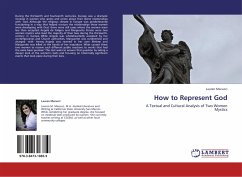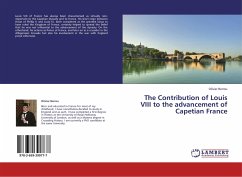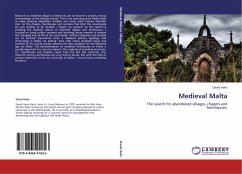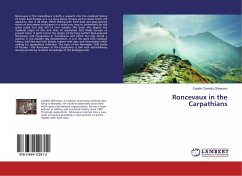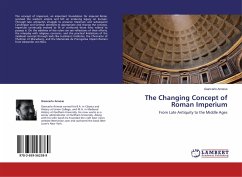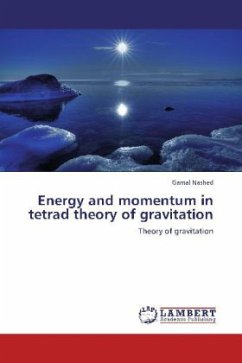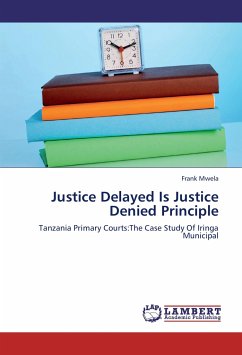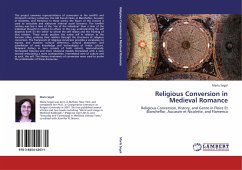During the thirteenth and fourteenth centuries, Europe saw a dramatic increase in women who spoke and wrote about their divine relationships with God. Although the religious climate in Europe was predominantly functioning in a way that helped nurture the relationships these women were developing with God, there were still cases where the women were less than accepted. Angela de Foligno and Marguerite Porete were two women mystics who lived the majority of their lives during the thirteenth-century in Europe. While Angela was wholeheartedly accepted by her contemporaries and Church authorities, Marguerite was condemned and charged with heresy. Angela was revered in her own lifetime and Marguerite was killed at the hands of her inquisitors. What caused these two women to receive such different public reactions to works that had the same basic premise? This text seeks to answer that question by taking a deeper look at the women s texts and focusing on historically significant events that took place during their lives.
Bitte wählen Sie Ihr Anliegen aus.
Rechnungen
Retourenschein anfordern
Bestellstatus
Storno

